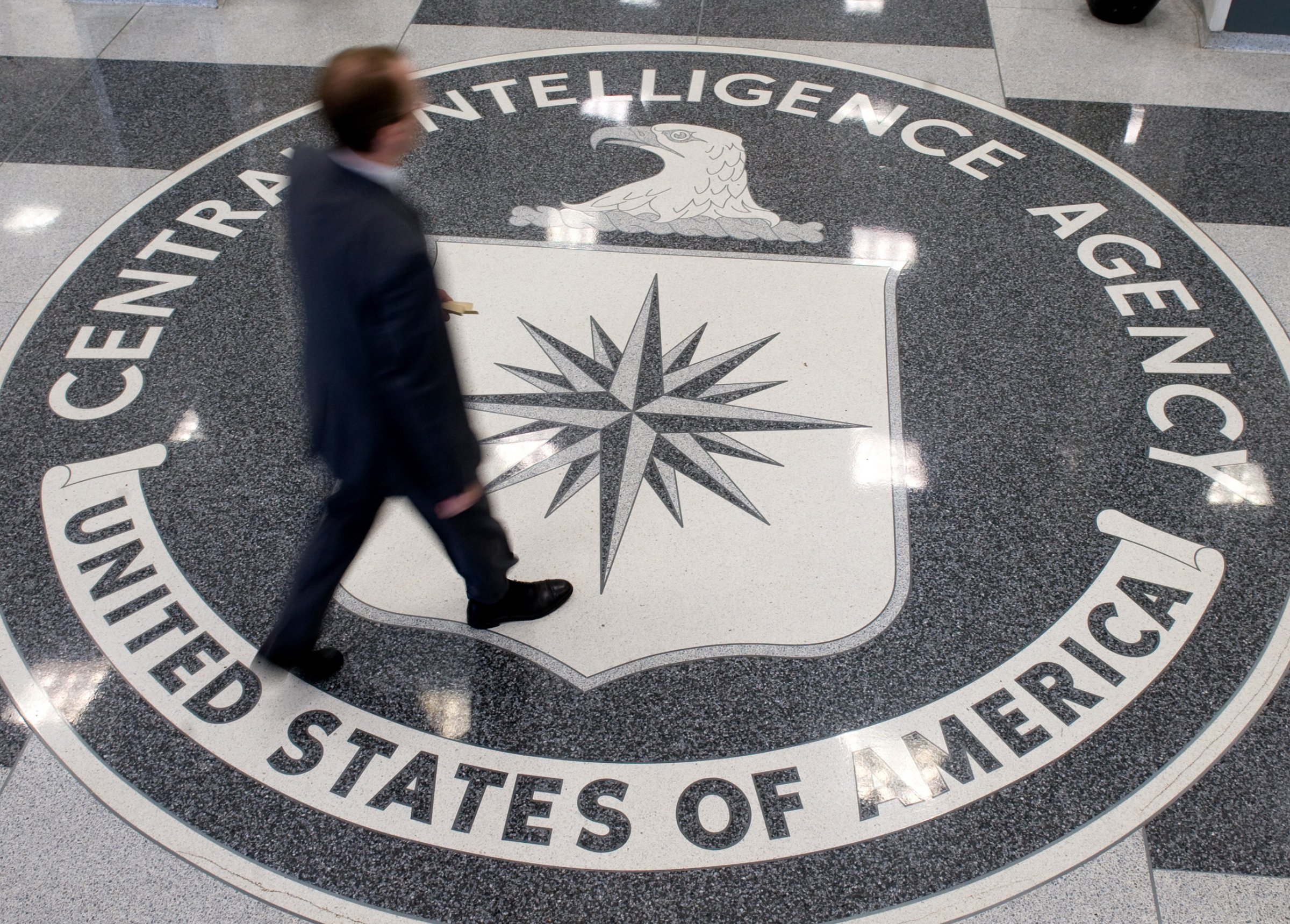
If any more evidence was needed that privacy in the digital realm exists chiefly in theory, it arrived on March 7 with the publication by WikiLeaks of a trove of apparent Central Intelligence Agency documents detailing schemes to hack mobile phones, smart TVs and even car computers.
The documents suggested that, despite an Obama Administration pledge to more often alert device makers to security gaps, the CIA kept many vulnerabilities to itself, exploiting them to obtain information sent on “secure” messaging services like Signal, Telegram and WhatsApp by collecting the data before it was encrypted–at least on specific phones the CIA had cracked.
The disclosures shed new light on just how far intelligence agencies now go in breaking into commercial technologies. When the FBI was stumped by a locked iPhone in the San Bernardino terror case, it finally hired a hacker. The CIA has a whole division of them but can legally act only overseas.
“We probably want the CIA to be able to hack iPhones,” says Ben Wizner, the ACLU attorney who represents Edward Snowden, the former NSA contractor who in 2013 revealed the NSA’s secret programs–all with less dashing names than the leaked CIA operations Medusa, Cutthroat and Brutal Kangaroo. The challenge is finding a way to spy that doesn’t leave everyone vulnerable.
Samsung had warned buyers of its smart TVs that the set’s voice-remote microphone could be used as the kind of bug described in the CIA trove, which WikiLeaks calls just the first installment from a huge archive that “appears to have been circulated among former U.S. government hackers and contractors.” The source of the leak is unknown, and both the White House and the CIA have refused to comment on the matter. All that’s really clear is that in digital form, no one’s secrets stay secret.
“We’re kind of at an atomic moment in computer security,” Wizner says. “All of a sudden we’re seeing a new means to inflict all kinds of damage around the world. It’s proliferating, and we have no rules. The U.S. for a long time didn’t want rules, because we acted like we had a monopoly on these kinds of capabilities.” Those days are long gone.
More Must-Reads From TIME
- The 100 Most Influential People of 2024
- The Revolution of Yulia Navalnaya
- 6 Compliments That Land Every Time
- What's the Deal With the Bitcoin Halving?
- If You're Dating Right Now , You're Brave: Column
- The AI That Could Heal a Divided Internet
- Fallout Is a Brilliant Model for the Future of Video Game Adaptations
- Want Weekly Recs on What to Watch, Read, and More? Sign Up for Worth Your Time
Contact us at letters@time.com